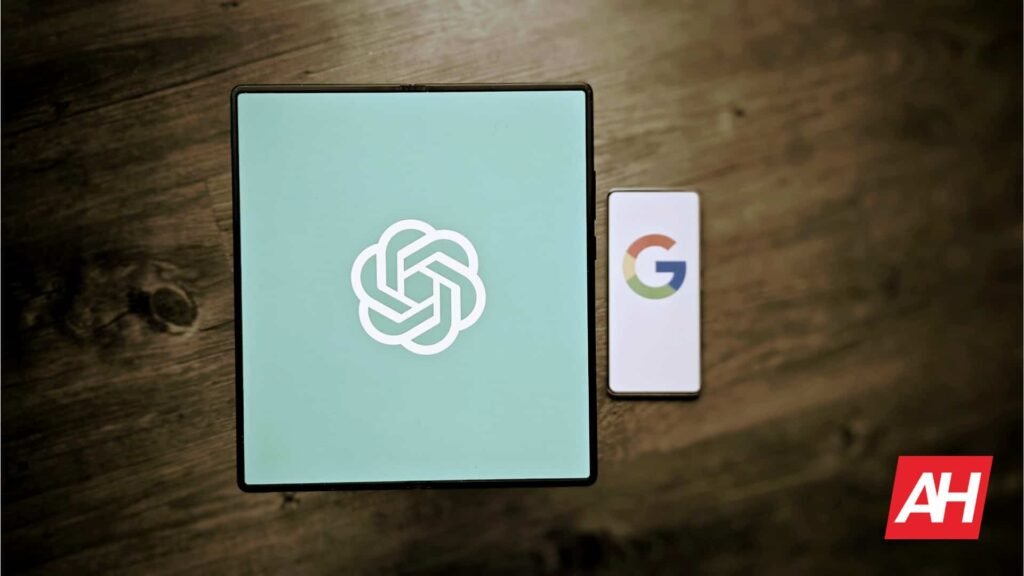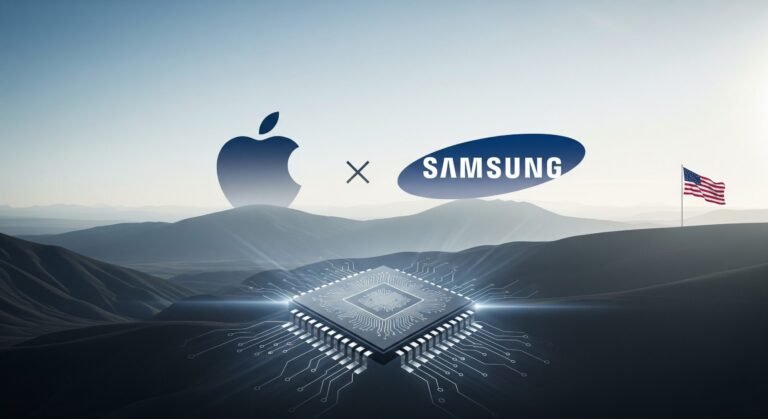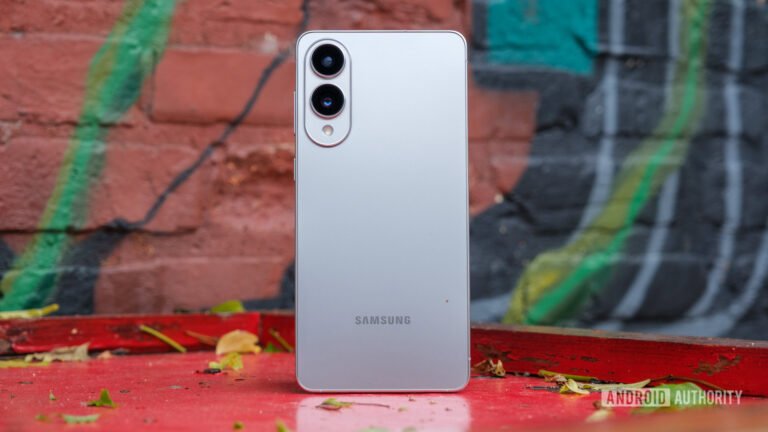

OpenAI’s ChatGPT model is a closed AI model. This means that developers cannot tinker under the hood, and if they want to use it for their own purposes, they’d have to pay OpenAI for API access. However, OpenAI has since announced two new open-weight AI reasoning models, gpt-oss-120b and gpt-oss-20b.
OpenAI debuts new AI reasoning models
These new OpenAI AI reasoning models are relatively lightweight in terms of resource consumption. For the larger gpt-oss120b, it can run on a single NVIDIA GPU. The lighter gpt-oss-20b can run on a consumer laptop with just 16GB of memory. This means that these models can be used by developers who might not have access to higher-end or more complex hardware.
According to OpenAI, “The gpt-oss-120b model achieves near-parity with OpenAI o4-mini on core reasoning benchmarks, while running efficiently on a single 80 GB GPU. The gpt-oss-20b model delivers similar results to OpenAI o3‑mini on common benchmarks and can run on edge devices with just 16 GB of memory, making it ideal for on-device use cases, local inference, or rapid iteration without costly infrastructure.”
So, what if developers run into a task that requires more processing power? OpenAI says that won’t be a problem. Both its open models can send queries to AI models in the cloud. This means that if these open models cannot perform a certain task, developers can connect it to one of OpenAI’s more powerful models.
How do they perform?
Since these models might seem relatively less resource-intensive, how do they fare in terms of performance? It turns out they hold their own pretty well. According to benchmarks on Codeforces, gpt-oss-120b and gpt-oss-20b score 2622 and 2516 respectively. For context, it outperformed DeepSeek’s R1.
On Humanity’s Last Exam, a test involving crowdsourced questions across a variety of subjects, gpt-oss-120b and gpt-oss-20b score 19% and 17.3%. Once again, this beat out some of OpenAI’s competitors like DeepSeek and Qwen. That being said, the launch of these new OpenAI open-weight models should sit well with the Trump administration.
The Trump administration has been urging US AI developers to open source more of its tech. This comes on the heels of AI companies in China, such as DeepSeek, Alibaba, and Moonshot, all of which have released open models that are pretty popular.
The post Meet OpenAI’s New Models That Run on Laptops and GPUs appeared first on Android Headlines.


